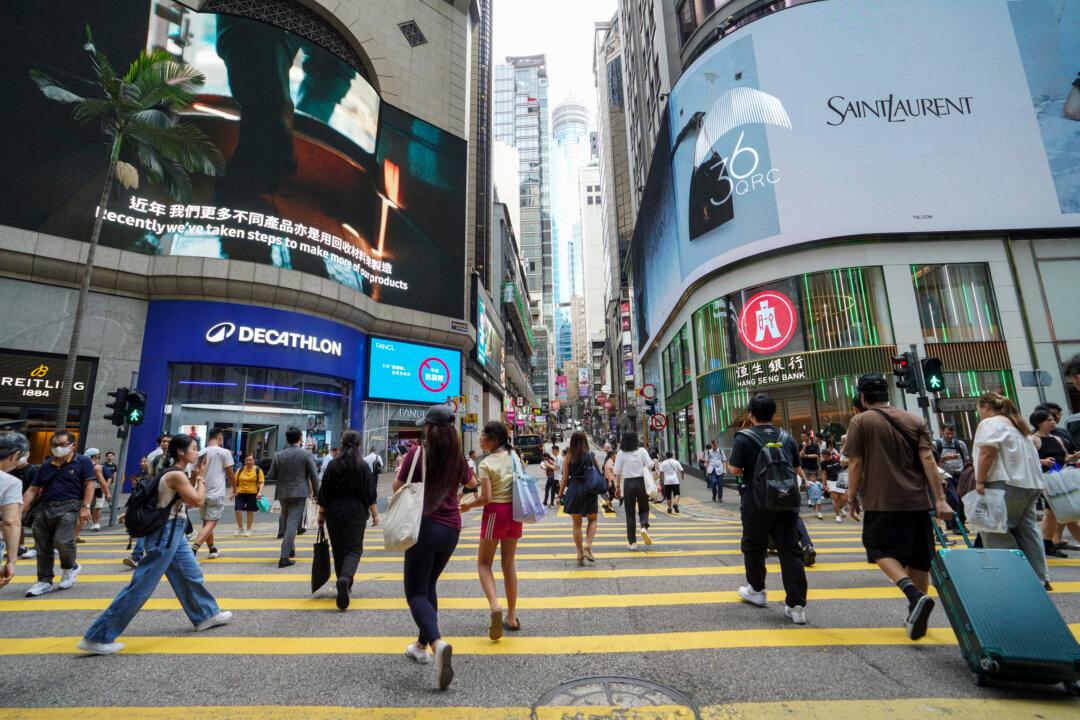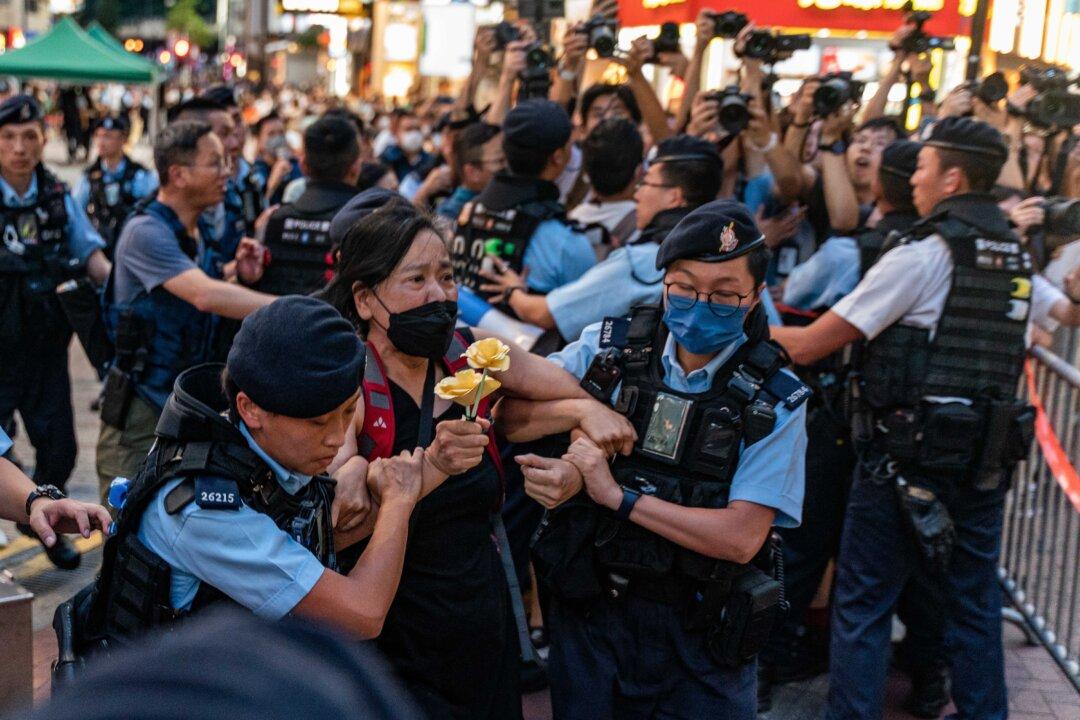The U.S. State Department released its latest “Trafficking in Persons Report” on June 24, in which Hong Kong dropped one level this year to the “Tier 2 watch list,” on par with countries like Nepal, the Republic of Congo, and Laos, among others.
The report pointed out that although the number of victims from human trafficking in Hong Kong has decreased compared with the previous report, with no labor traffickers being convicted for the fifth consecutive year, and the sentences for convicted sex trafficking perpetrators also insufficient, it believes that Hong Kong has not yet reached the minimum standards set as goals of eliminating human trafficking. Against such accusations, the Hong Kong government issued a statement expressing its “strong opposition.”




